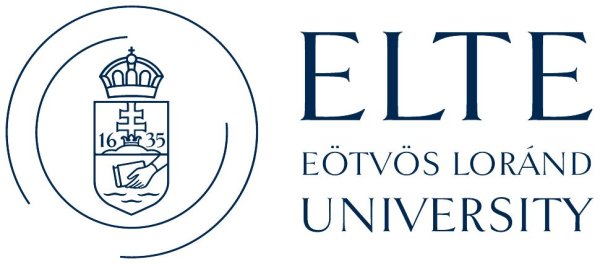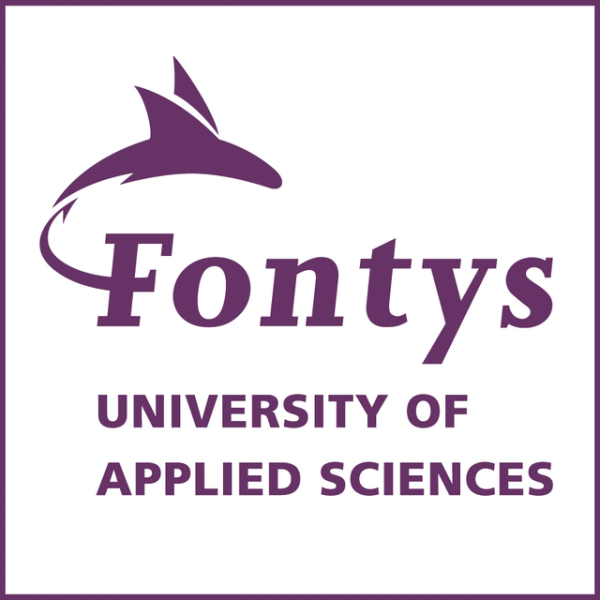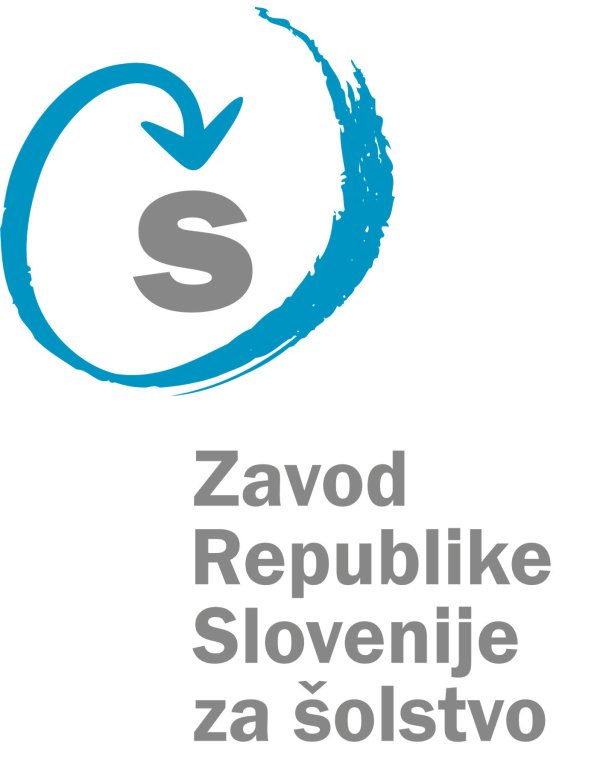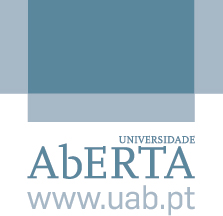Building online networks
Dilemma/Difficulty
Prior to the lockdowns our research and practice centre had developed a series of face-to-face professional development opportunities for educators with a common interest in coaching, mentoring and professional learning. We were a new centre and were in the first phases of building momentum and engagement with the sector. With a focus on professional conversations at the heart of our centre we felt strongly that providing opportunities for practitioners to meet, talk, model and experience coaching and mentoring type conversations was vital. We had no experience of doing so online. The lockdowns interrupted the planned schedule of events. A significant dilemma we faced was that practitioners contributing to and engaging with our work did so on a discretionary basis. As their own school and college contexts and the demands on their skills and time changed dramatically during lockdown (including changed family commitments) they were likely to experience additional workload pressures. As such we were anxious not to add an additional burden, but equally anxious to offer genuine support.
In what ways did you respond to this dilemma/difficulty?
We took some time to respond to this dilemma, although our first action was to cancel / postpone planned events. We assumed that this would be until the end of the school year, and then normality would return. Just prior to the pandemic being formally announced we had begun a development conversation about establishing a network of Fellows associated with the research and practice centre. It seemed viable to make progress with this while other activity stalled. Application criteria for Fellows were established and the people who were eligible for it were invited to apply. Our commitment to them was that we would create opportunities for them to network, forge new partnerships and learn from each other. As we slowly became familiar with online conferencing platforms we decided to host our first Fellows network evening online.
What are the implications for teaching, learning and my understanding of the role of a teacher?
Creating and sustaining a Fellows network over the last two and half years has become a significant part of my professional and academic identity as a teacher educator. Doing so online has been a learning curve but one that has given me some additional facilitation skills alongside the necessary technical know-how. I have learned that there is immense value in informal learning opportunities within a cross-phase, cross-sectoral, international and cross-role community. The Fellows network has become a critical mass allowing practice, research and innovation to be shared and co-constructed. This has spun off into new CPD initiatives which have been open beyond the Fellows network. Going digital has made this a natural development and given it momentum.
As a teacher educator I have gained confidence in new facilitation approaches (such as use of The Thinking Environment) and have helped others to take ideas into their own contexts. Most importantly I have lost my anxiety about attendance numbers. If one meeting has nine people present and another has 90 I see them as equally valuable and adapt formats as necessary. I have recognised that educators who have discretion about their attendance and participation in opportunities for professional learning are making deliberate decisions that they recognise as having an impact for them. Digital pedagogies have enabled adult participants to engage as, when and how they can – not everyone is able to take the same roles in online spaces and I encourage flexibility and choice. The welcome we offer is always a warm one.
Finally, as the online space we have created enables lots of conversation around themes of common interest we are learning a lot about each other, finding out what expertise people have, what motivates and frustrates them and how they contribute to educational practice and development. New working relationships and friendships have been established and new opportunities have emerged. There is a rhizomatic, organic quality to this work. It is not linear or objective-led. This is a welcome change to much of the current education practice and policy in initial teacher training and CPD in England, and it is liberating.
Keywords: informal professional networks, facilitation, discretionary participation, rhizomatic









